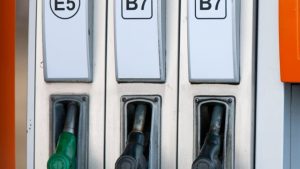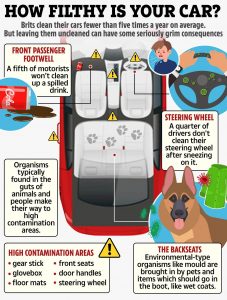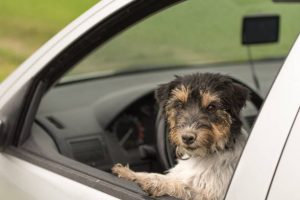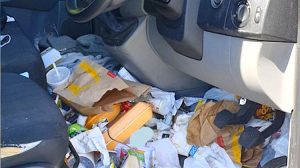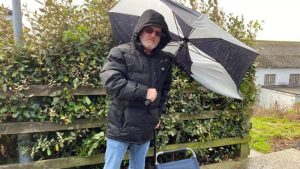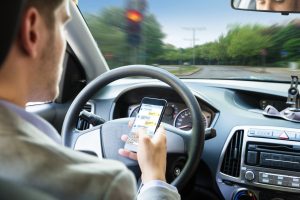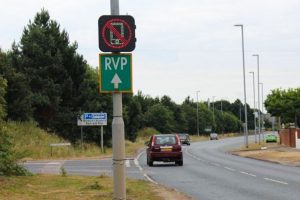Leo Sargent, 17, forked out £62 for his driving test but will now need to retake the exam after his examiner allegedly told him his 14-year-old car’s footwell wasn’t clean enough
A teenager who waited months to sit his driving test was left “devastated” after it was cancelled last minute because the examiner thought his car was “too dirty”, his mum has claimed.
Leo Sargent, 17, was ready to start his driving test last Friday in a 14-year-old Ford Fiesta, but was gutted when the examiner looked at his footwell and is said to have halted the test.
Leo’s mum Jane Sargent, from Morningthorpe, Norfolk, said she had gone out in the snow on the same morning of the exam last Friday to ensure the car was spotless.
But the examiner wiped a cloth over the footwell and told them the £62 test wouldn’t go ahead because it was “too dirty”, she said.
Mum-of-three Jane, 55, said: “It was a real kick in the teeth. We were both really miserable.
“They basically expect you to have a brand new car in order to take the test.
“There was a little bit of mud in the footwell by the time we arrived, but we live on a farm, so there’s not much we could do about it.
“It’s an old car, so it’s going to have a bit of wear and tear.
“I basically begged the driving examiner to let me clean the car again then and there so that Leo could still take his test – but he said that it was too late.
“He was completely uncaring.
“I think he was really paranoid about Covid and cleanliness, because he wouldn’t even touch the door handle to open the door to show me the footwell.”
She added: “I understand the need to be Covid-safe, but if they’re going to be that particular about it, I think they should provide plastic sheets to cover the seats and the footwells during the test.”
Jane, who is also mum to a 19-year-old son and 13-year-old daughter, said that Leo has struggled with not being able to drive himself around during the Covid-19 pandemic.
She said: “We live right out in the middle of nowhere, so Leo has found it really hard this year not being able to see his friends, or go and play any sport or go to the gym.
“This has just been an extra kick in the teeth. I really want him to be able to be independent.
“With the lockdowns it has taken him months to be able to make an appointment.”
 Buy Gifts Vouchers Here
Buy Gifts Vouchers Here Intensive Driving Courses
Intensive Driving Courses Driving Test Booking Services
Driving Test Booking Services





